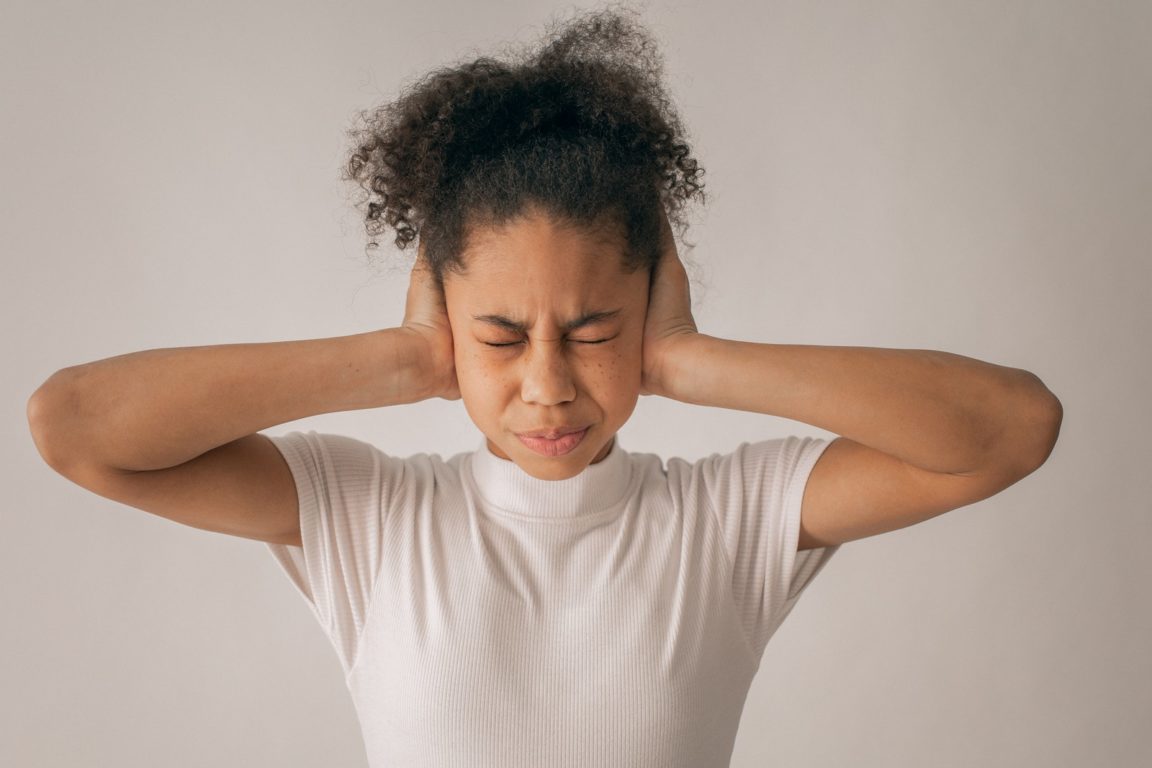Teenagers definitely go through a lot–heartbreaks, school, grade struggles, bullying, anxiety, and, ultimately, growth. It can’t be denied that the teenage years come with a lot of stress-and adolescent stress should not be dismissed by adults. It turns out that stress can make an impact on the brain of teens, since their brains are still developing and they are still growing.
This is essential to be aware of, for both parents and teens themselves. Adolescence is a crucial period of time and stress that occurs during the teenage years can have a myriad of consequences, from contributing to depression and mental illness to developing a dependence on substances such as drugs and alcohol. Here’s how stress impacts the adolescent brain and what you can do to help your teen.
Stress Can Trigger Depression
Experiences of stress cause the release of cortisol, what’s known as the stress hormone. Cortisol in turn causes an impact on dopamine, a chemical within the brain that is crucial to mental disorders such as depression and schizophrenia. Since the adolescent brain is in development, it’s highly sensitive and feels the effects of cortisol more quickly.
Not only do the effects make a quick impact, but they may last for a longer period of time as well. The part of the brain that helps shut down responses to stress, the prefrontal cortex, isn’t as developed in teens. Since adolescent brains can’t shut down stress, it’ll be experienced for longer. Not being able to escape from stress can worsen its effects.

Stress Can Lead to Life-Long Difficulties with Learning and Behavior
Stress can alter a developing brain’s chemistry, weakening the architecture of the brain overall and leading to life-long problems in learning and behavior. As a result, teenagers may experience poor mood control and impaired memory. Awareness of the link between stressful childhood experiences and conditions that impact adult health is currently becoming more widespread.
Stress May Lead to Substance Abuse
It’s not uncommon for adults to turn to a glass of wine or drugs to unwind at the end of a long day. Teengers feel the same stress that adults do and often turn to the same coping mechanisms. While many teenagers use drugs and aclohol as a means of fitting in, plenty of others turn to substance abuse to cope with the pressures and stress of adolescence. Half of teenagers say they’ve misused a drug at least once, and substance abuse in adolescence can lead to a habit of abuse in adult years.

How To Help Your Teen
If your teen is constantly under stress and you believe that this stress is impacting them in a negative way, the good news is that there are options to help your teen. Since the adolescent brain is developing and constantly creating new neural pathways, that means that it can be as resistant to stress as it is vulnerable and you can teach your teen healthy ways to cope with their stress. The important thing is to not ignore any symptoms of stress your teenager may be expressing, especially if they are also expressing symptoms of depression and substance abuse.
Show your teen how to use stress reduction techniques such as deep breathing and creative activities. You can show them how to use positive self-talk, set realistic goals, exercise regularly, and get plenty of sleep. While you can’t take the stress out of your teen’s life, you can help them manage it.





